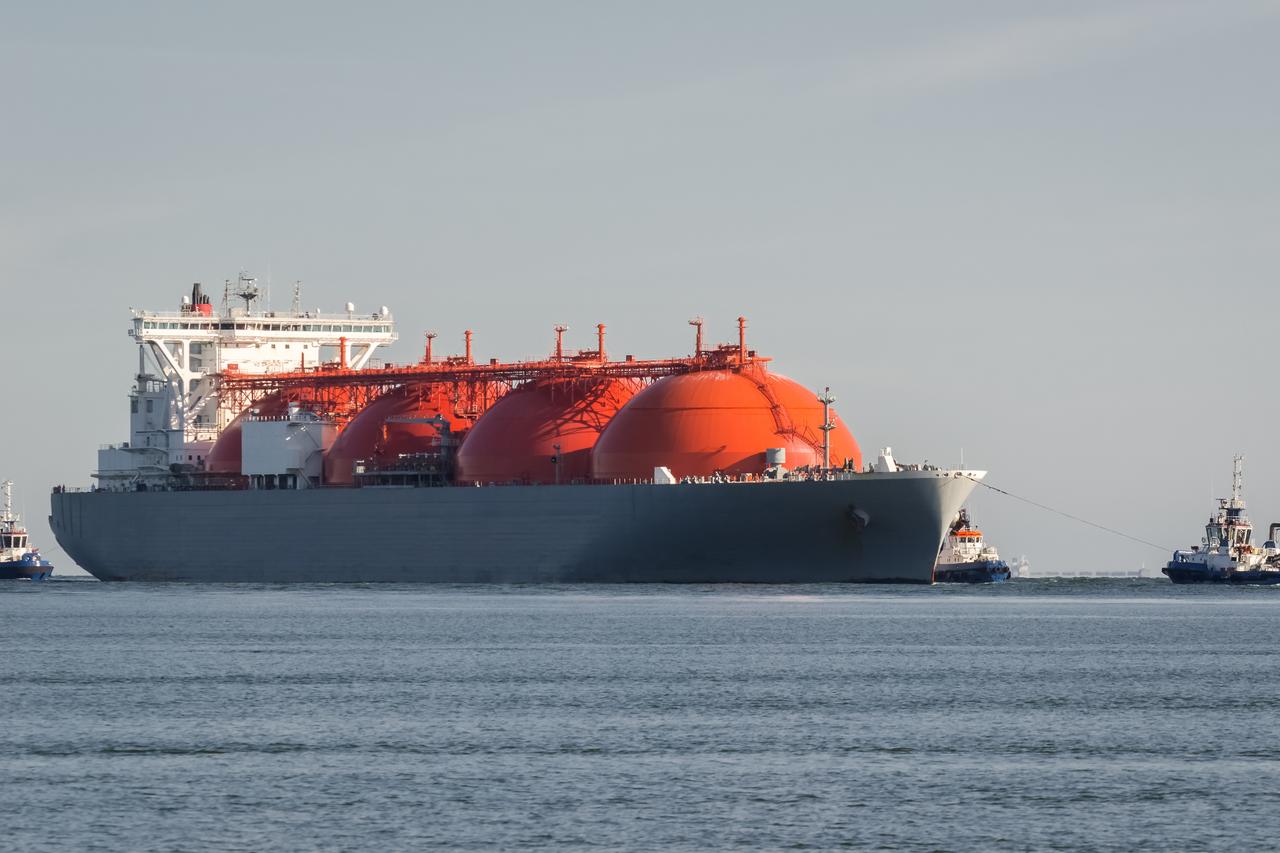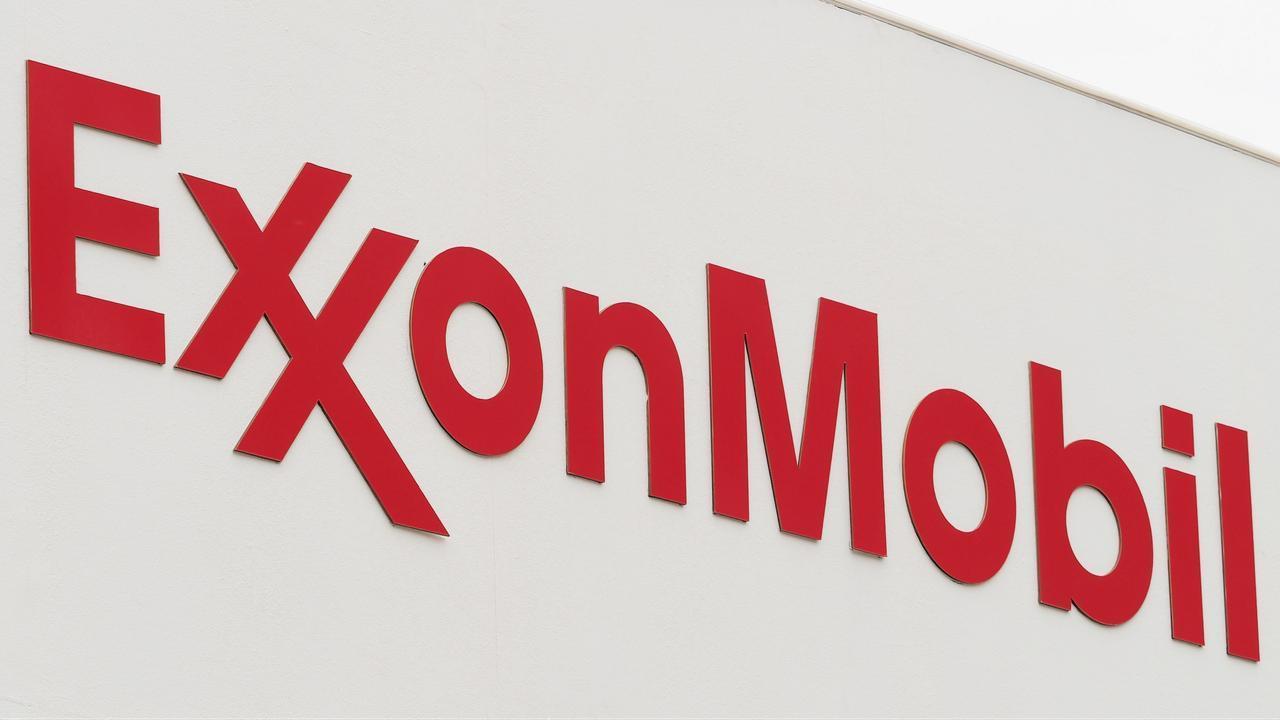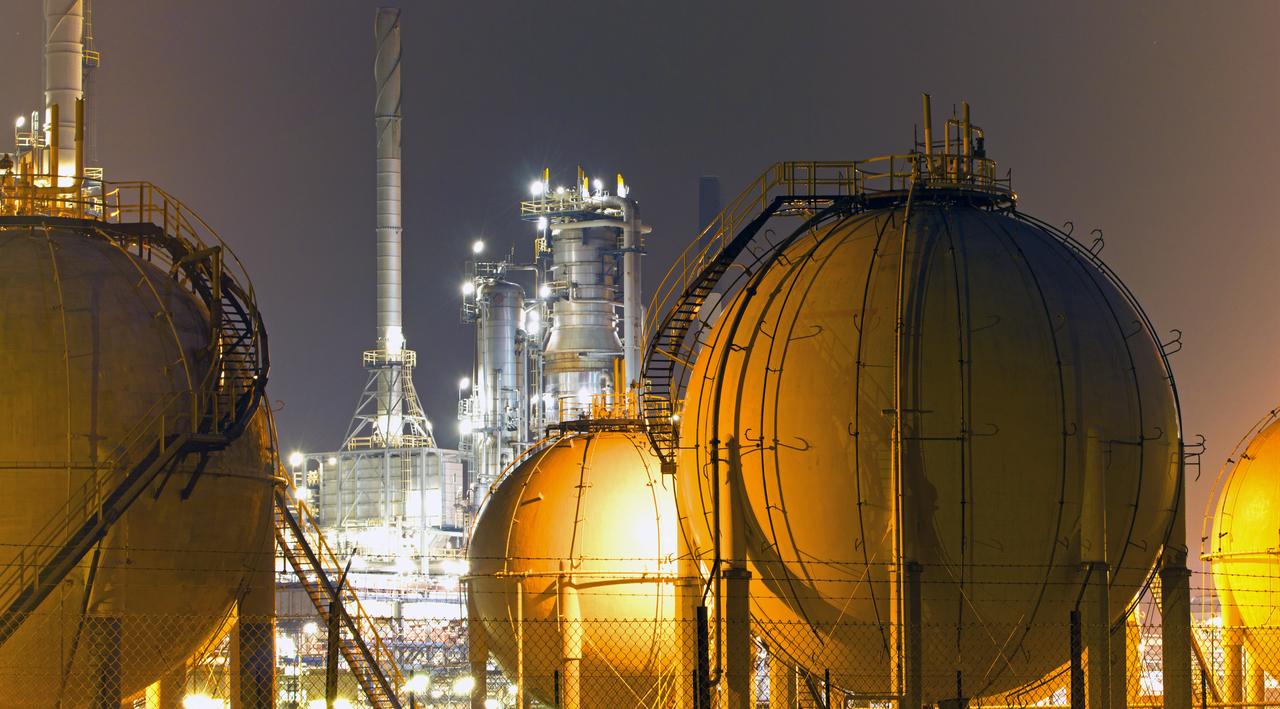
Qatar and U.S. energy major ExxonMobil have warned that they may reconsider their business operations in the European Union (EU) if the bloc enforces a sweeping corporate sustainability law that they say could impose excessive compliance burdens and financial penalties.
The rule in question—known as the Corporate Sustainability Due Diligence Directive (CSDDD)—would require companies operating in the EU to monitor and mitigate human rights and environmental risks across their global supply chains.
Speaking at the ADIPEC energy conference in Abu Dhabi on Monday, Qatar’s Energy Minister Saad al-Kaabi said his country will stop delivering liquefied natural gas (LNG) to Europe unless the EU reconsiders or cancels its planned sustainability regulation.
Kaabi said the law’s heavy penalties and liability provisions under Article 22 would weaken QatarEnergy’s ability to supply LNG and other products to Europe.
ExxonMobil, which has partnered with Qatar Petroleum to develop the North Field—the world’s largest non-associated natural gas field—also shares the same view, with Chief Executive Darren Woods warning that the company may no longer be able to operate in the EU if the directive is adopted without major changes.
"The legislation demands that large companies like ExxonMobil implement climate transition plans aligned with the Paris Agreement’s 1.5 degrees Celsius goal—something technically unfeasible," Exxon CEO Woods told Reuters on the sidelines of the same conference.
He argued that the law represents regulatory "overreach," requiring firms to apply EU sustainability standards across all global operations, regardless of whether those operations directly involve Europe.
"If we can’t be a successful company in Europe—and more importantly, if they start to enforce that all around the world—it becomes impossible to stay there," Woods said, adding that ExxonMobil is lobbying other business leaders to oppose the law.

The Corporate Sustainability Due Diligence Directive (CSDDD) requires large EU and non-EU companies with major operations in Europe to identify, prevent, and address human-rights and environmental risks across their global supply chains.
Companies must integrate due diligence policies into management systems, monitor compliance, and report publicly on results.
They are also obliged to adopt a climate-transition plan aligned with the EU’s 2050 net-zero target, while facing potential fines of up to 5% of global turnover for non-compliance.
The law, adopted in 2024, will be phased in from 2027, initially targeting companies with over 5,000 employees or €1.5 billion in turnover, before expanding to smaller firms in later stages.
Critics argue that the directive overextends the EU’s regulatory reach by forcing global firms to apply European sustainability standards to activities outside the bloc, asserting that the requirements are technically and financially unrealistic and could disrupt trade and investment by imposing excessive compliance burdens.

Qatar had previously issued similar warnings. In May, the country sent a formal letter through the Belgian government urging Brussels to amend the directive, warning that otherwise both the state and QatarEnergy would "have to shift LNG exports toward alternative markets outside the EU."
The United States echoed these concerns in October, when the U.S. Department of Energy sent a joint letter with the Qatari Energy Ministry backing Qatar’s call for the EU to revise or repeal the CSDDD.
"This comes at a critical time when our countries and companies are working not only to maintain but to expand the reliable supply of LNG to the EU in line with Europe’s strategic energy goals," the Department of Energy said in its letter.
"There is little doubt that natural gas and LNG will remain essential components of the EU’s energy mix for many decades."
The letter also warned that “beyond direct energy security risks, the CSDDD could disrupt trade and investment across nearly all of the EU’s partner economies,” adding that its implementation might endanger existing and future projects, jobs, and compliance with recent trade agreements.
It noted that such concerns are widely shared across the global business community, extending well beyond the energy sector and beyond the interests of the United States and Qatar.
The same week, the European Parliament voted on a proposal aimed at simplifying and scaling back sustainability reporting and due diligence obligations for companies.
The plan, part of the Commission’s "simplification agenda," sought to ease compliance costs by raising the reporting threshold under the Corporate Sustainability Reporting Directive (CSRD) from 250 to 1,000 employees—exempting about 80% of firms from detailed disclosure—and by narrowing the Corporate Sustainability Due Diligence Directive (CSDDD) to focus mainly on direct business partners and the largest corporations.
Lawmakers ultimately rejected the proposal, saying the changes would weaken corporate accountability and undermine the EU’s environmental and human rights objectives, with amendment votes set for 13 November before talks with member states begin.
LNG imports have become a crucial energy source for the European Union in recent years, especially following efforts to phase out Russian gas since the start of the war in Ukraine.
In 2024, U.S. exporters met around 45% of Europe’s LNG demand, while Qatar accounted for roughly 12%, according to the European Commission.